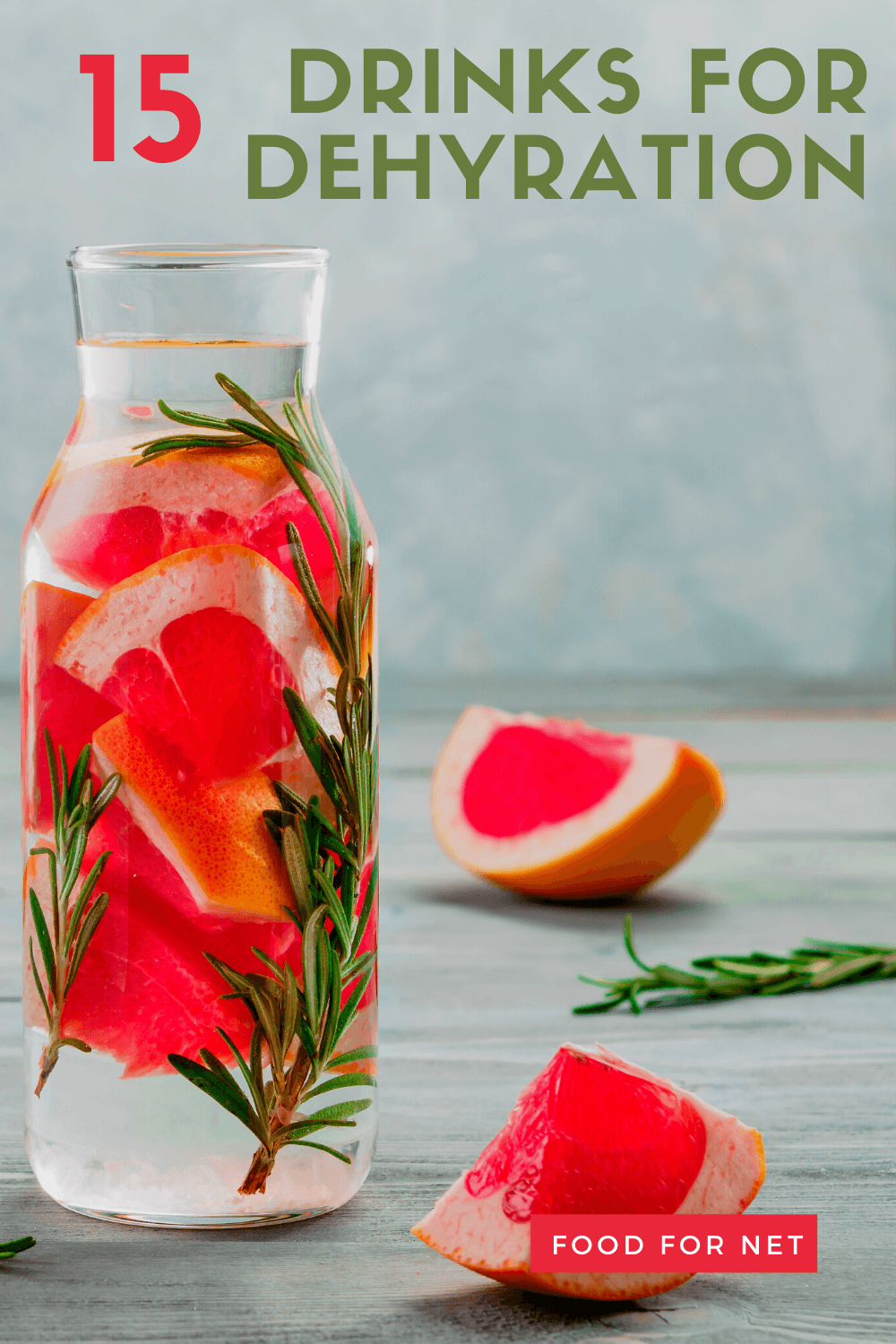
What are the best drinks for dehydration? This might sound like a trick question, but the answer isn’t as simple as it sounds. There is actually a variety of drinks that can help you to rehydrate quickly and they’re not all as good as each other.
As it turns out, water mightn’t even be your best option all of the time. How well a drink hydrates you depends on the volume you’re consuming and also the nutrient composition of the drink.
Drinks with more nutrients than water can be helpful, as they slow down the rate that your stomach empties fluid, which draws out the rehydration process. This becomes particularly important for people who exercise frequently or who sweat a lot for other reasons.
Other drinks have the advantage of simply tasting good. Let’s face it. Water can be boring at times and it can be difficult to drink the recommended eight cups every day. Using other drinks to keep you hydrated makes everything much easier.
Drinks For Dehydration
- Water
- Lemon Water
- Infused Water
- Water With Electrolytes
- Sports Drinks Like Gatorade
- Pedialyte
- Milk
- Smoothies And Milkshakes
- Coconut Water
- Vegetable Juice
- Aloe Water
- Hot Tea And Iced Tea
- Orange Juice And Soda
- Coffee
- Beer
Water
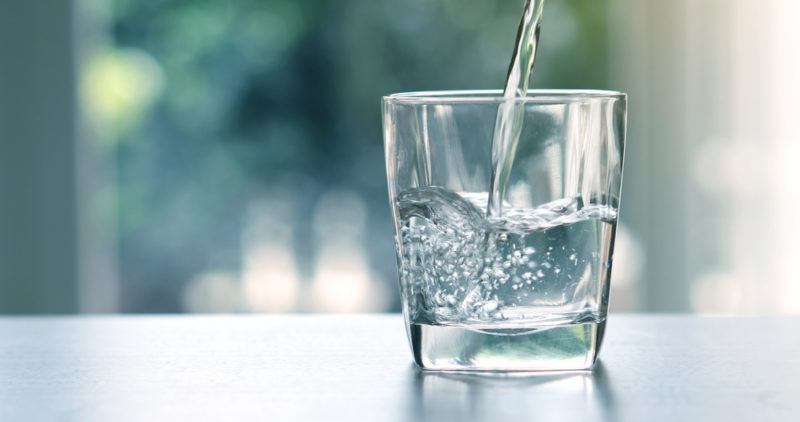
It should be no surprise that water tops our list. Water is the simplest way to get hydrated and tends to be the healthiest option for our day-to-day hydration needs.
A simple approach is to have a bottle of water at hand wherever you are. This makes it easy to simply take swigs throughout the day. Doing this is often easier than sitting down and trying to drink one or more glasses of water at a time.
Still water and sparkling water are both fine for rehydration, so you can choose your favorite.
Lemon Water
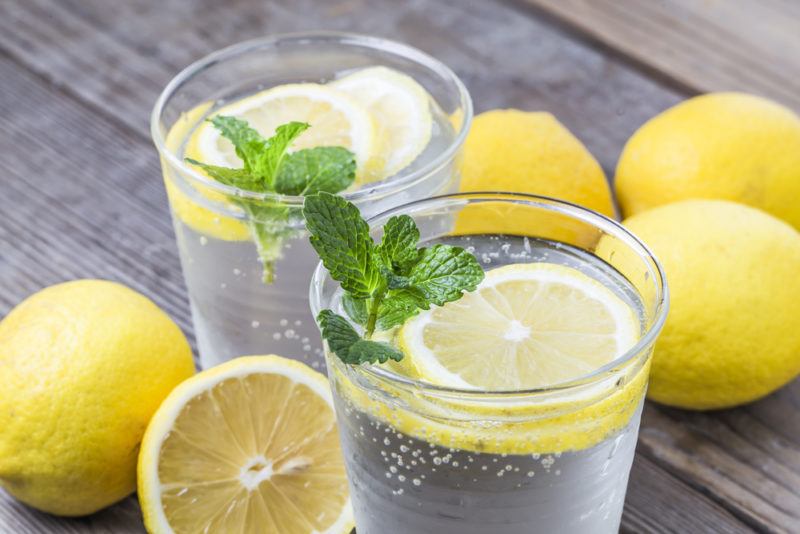
Lemon water is sometimes promoted as this amazing drink that will do you wonders, especially if you drink it first thing in the morning. In all honesty though, the health benefits of lemon water aren’t all that stunning.
You’re basically just adding in a little lemon juice to your drinking water. This gives you some vitamin C, a variety of other nutrients and makes your water taste nice – but you’re not really getting that much lemon juice per serving.
The biggest advantage of lemon water is the flavor. Lemon juice is an easy way to make water taste more interesting, without the use of any sweeteners.
Infused Water
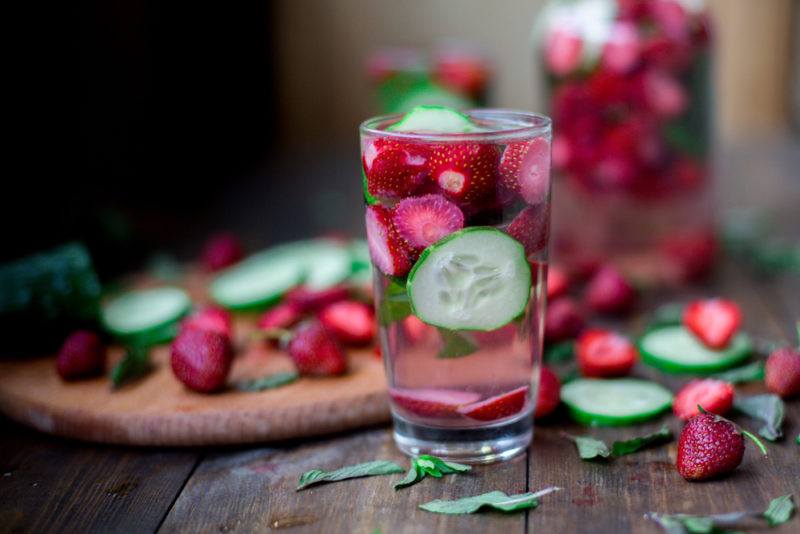
Making infused water is easy. You’re simply adding a selection of fruit and occasionally herbs or vegetables into a jug or bottle of water and then allowing the mixture to sit for at least a few hours. Many people leave their infusions overnight, giving the flavors plenty of time to get into the water.
There is an endless combination of ingredients that you can try, such as water infused with pineapple, lime, and coconut, or water infused with blackberries, ginger, and orange. Or, you could take a simple approach and just use some orange slices.
Infused water isn’t any more hydrating than regular water, but it is more enjoyable to drink. Some people find that they can easily drink infused water throughout the day while drinking the same amount of plain water is much more difficult.
Water With Electrolytes
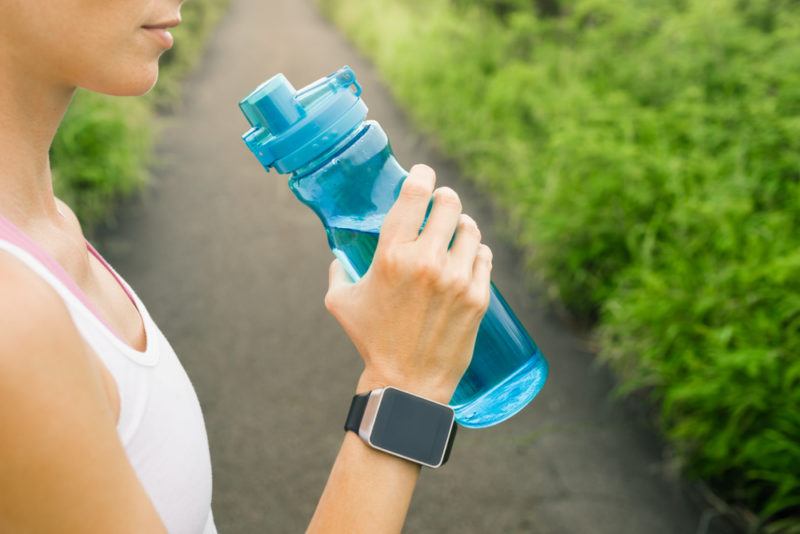
You can also look for water with electrolytes, including sodium and potassium. The electrolytes may improve your level of hydration, as they help to slow down the rate that water leaves your body again.
Electrolytes are also very important if you’ve been losing water through sweat. Water loss in this way can sometimes lead to an electrolyte imbalance, so it’s important to get more electrolytes into your system.
Some people do find electrolyte water difficult to drink, as the water can have a notable salty taste. Starting off slowly can help. This gives you time to adjust to the differences in flavor. You may well find that you end up enjoying the way the water tastes.
Even so, water with electrolytes is best reserved for times when you are dehydrated or have lost a lot of water. Too many electrolytes can be harmful too, especially in the case of sodium.
Sports Drinks Like Gatorade
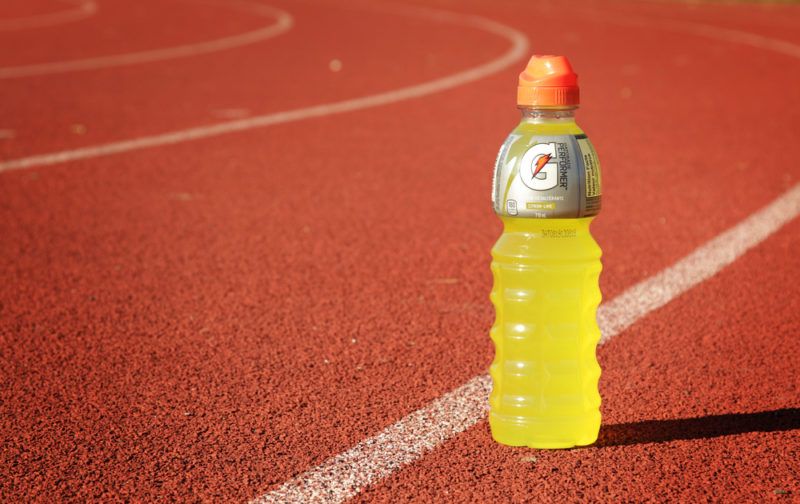
Gatorade and similar products are a popular choice for hydration. These are basically electrolyte drinks, except that they often contain a decent amount of sugar, colorings, and flavorings.
The sugar isn’t entirely a bad thing, as it can help you to stay hydrated. You can also look out for low sugar versions if you’re worried about your sugar intake.
The use of flavorings also means that Gatorade and similar drinks simply taste good. This makes them easier to drink than regular electrolyte water. Just make sure that you don’t overdo it.
Pedialyte
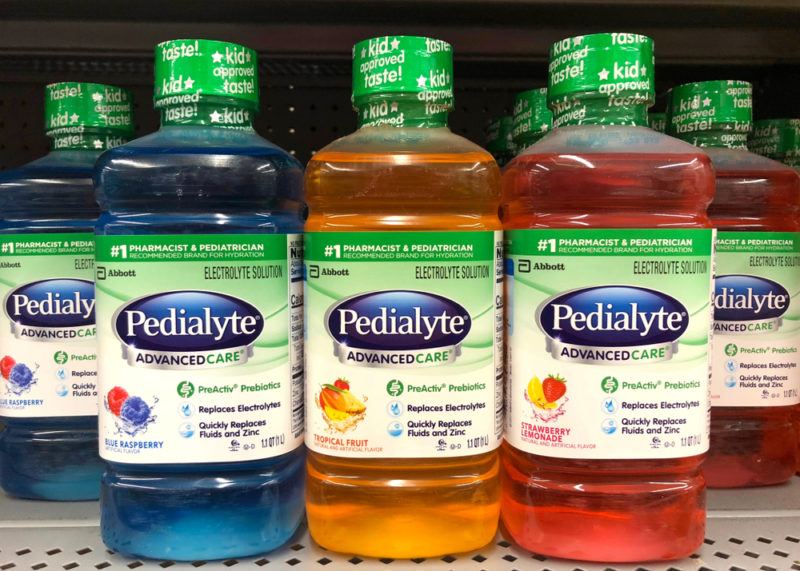
Pedialyte is another rehydration drink, but this one has a much stronger health focus. This can be seen in the balance of nutrients, where Pedialyte contains much less sugar and more sodium than other rehydrating drinks.
There is still a selection of flavors to choose from, which should make the product easy to drink.
The company also offers a variety of different forms of their product to help meet various needs. For example, some contain prebiotics as well, to help improve health, while other versions are powdered for convenience.
There are other oral hydration drinks too, such as a brand called SOS. The trick is to look for products that are high in electrolytes but keep the sugar content relatively low. Good brands will often skip the artificial flavoring and coloring ingredients too.
Milk
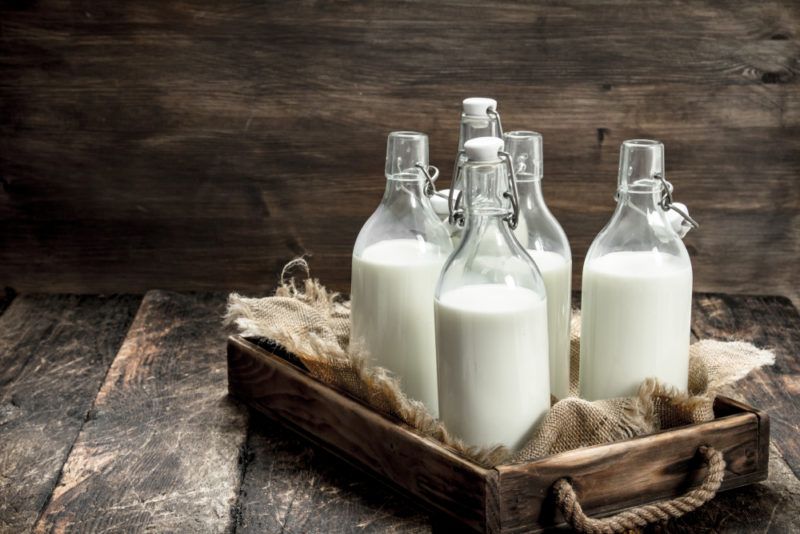
Surprisingly, milk is a particularly good way to rehydrate. It is even better than water in many situations because of its nutrient composition.
The combination of fat, protein, and sugar in milk helps to slow down fluid emptying from the stomach, while the salt helps the body to hold onto the fluid.
It turns out the skim milk is the most hydrating option, as it is mostly water anyway, with just enough fat and nutrients to help with water absorption. However, whole milk is still effective at keeping you hydrated.
Smoothies And Milkshakes
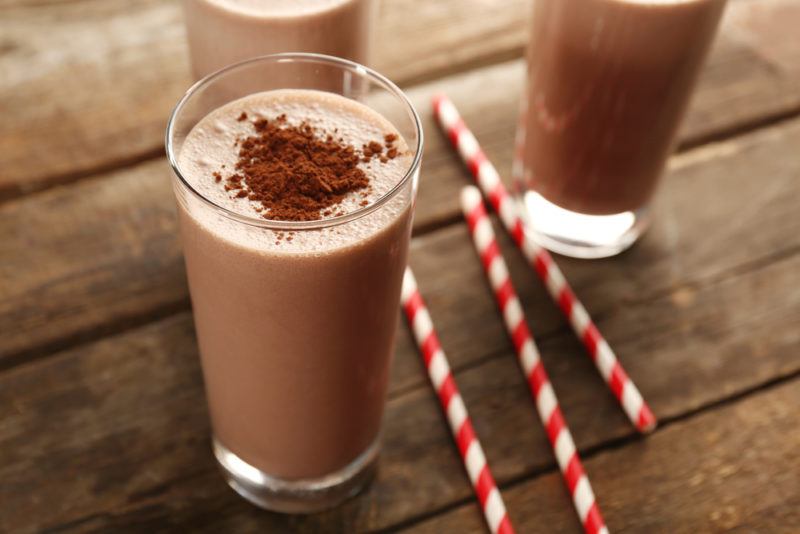
You can take advantage of milk’s rehydration properties in other ways too, such as by making smoothies or even just adding cocoa to milk (opt for the non-sugary stuff if you take the cocoa approach).
Adding extra ingredients doesn’t take away from milk’s rehydration benefits and you might end up with a more enjoyable drink if you take this approach.
Coconut Water
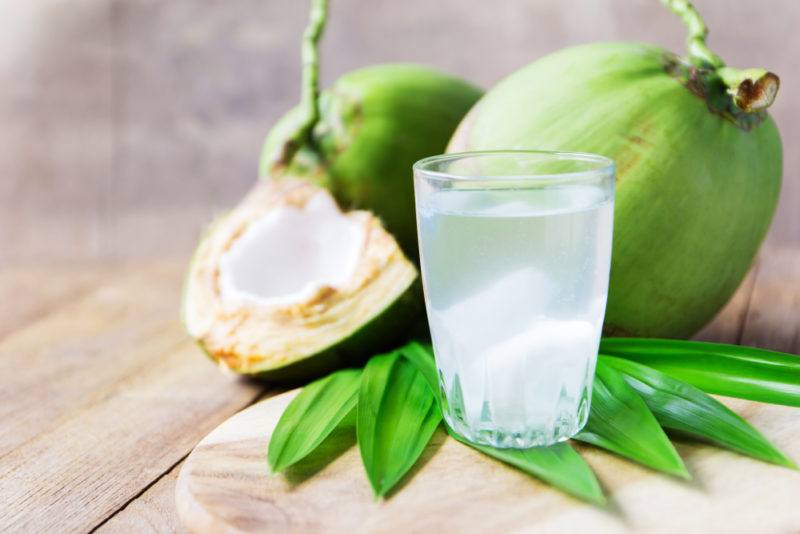
Coconut water is a little like a sports drink, in that you’re getting key electrolytes and sugar. Unlike sports drinks, coconut water is a natural product.
The balance of nutrients is different too. In particular, coconut water tends to be lower in sodium and relies on naturally occurring glucose and fructose (while most sports drinks use high fructose corn syrup instead). This combination tends to mean that coconut water is healthier than a sports drink.
Vegetable Juice
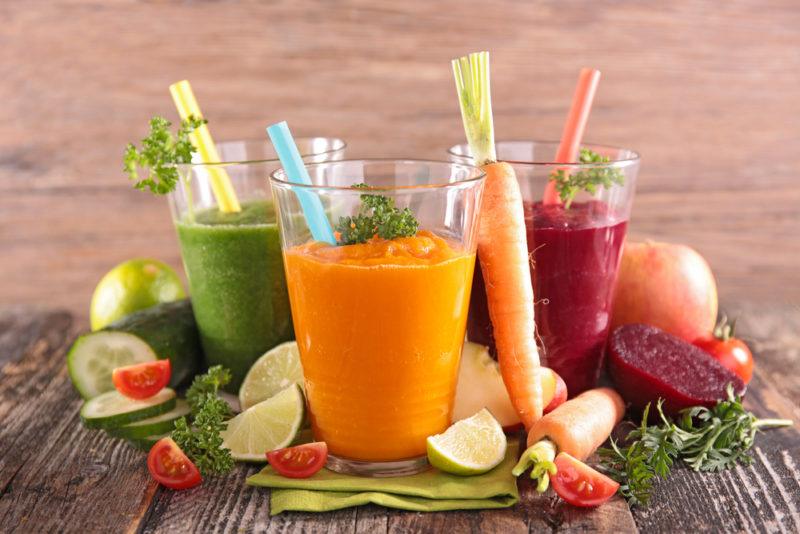
Vegetable juice can be great for rehydration too, especially if you’re making the juice yourself. While store-bought drinks do have their benefits, they often include fruit juice as well to make the flavor more appealing.
Adding fruit juice like that might not be appealing if you’re trying to keep your calorie intake down and too much sugar won’t necessarily help rehydration anyway.
When you make your own juice, you can choose the ingredients. For example, cucumbers are particularly hydrating and contain various beneficial nutrients. Beetroot juice can be surprisingly powerful too.
Aloe Water
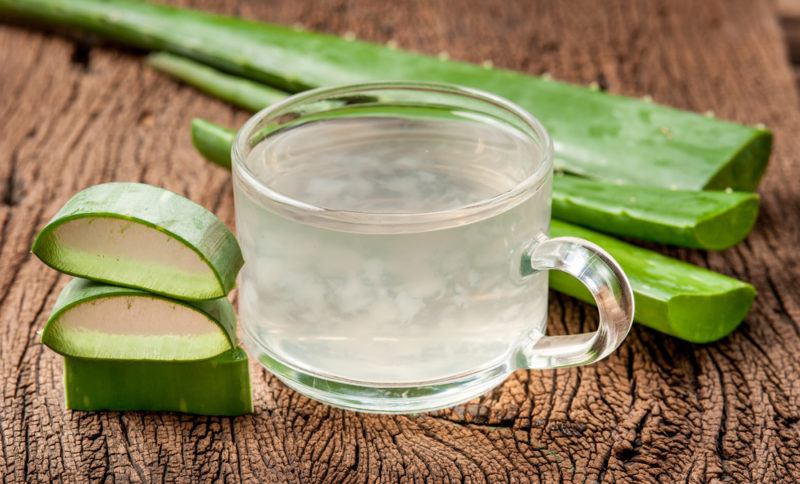
Aloe vera is sometimes considered a superfood, although there is some debate on the topic. Regardless, you can add chunks of aloe vera to your water to create a refreshing infused drink.
You can also buy aloe vera juice. This tends to be thick and a bit gooey, so the effects on hydration won’t be as strong as most of the other items on this list. Still, there’s a ton of hype surrounding aloe vera, so aloe juice might have some advantages.
Hot Tea And Iced Tea
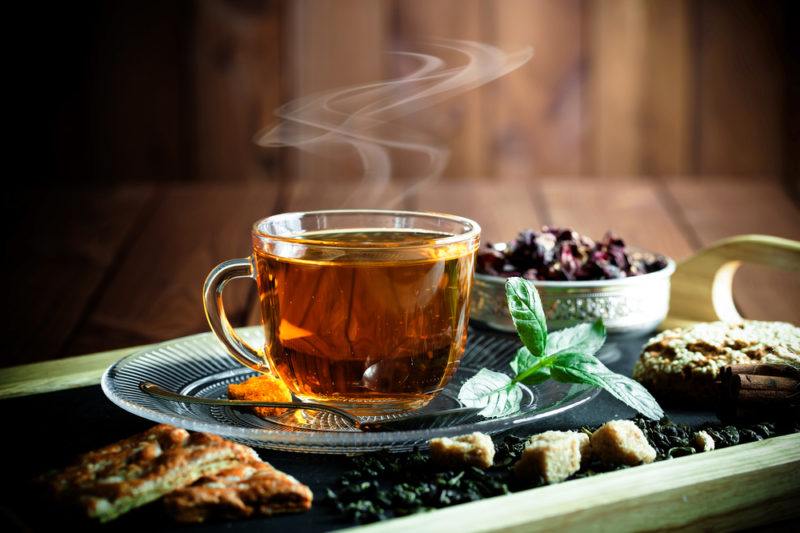
Tea is an easy way to rehydrate, as the drink is mostly water, but you’re getting an enjoyable flavor from the tea leaves.
Herbal teas are particularly appealing, as these are caffeine-free. This means that you’re not getting any diuretic effect from the caffeine. Plus, the lack of caffeine means that you can enjoy the tea at any point during the day.
Still, black tea, green tea and other types of caffeine-containing tea will still help you to rehydrate. While the caffeine does decrease the hydration effect a little, you’re still taking in more water than you’re losing.
Orange Juice And Soda
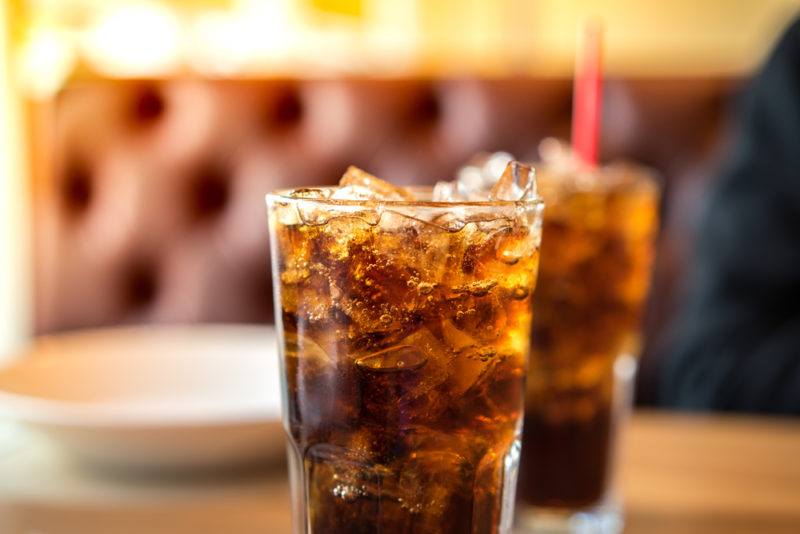
To some degree, sugar in drinks helps with rehydration, as sugary drinks will spend longer in the stomach than plain water will. However, the body needs to dilute the high sugar content of these drinks, which it does in the small intestine.
This process means that you’re likely to get less hydration from sugary drinks than you might expect. You are still getting hydrated, that much is clear. The effect may even still be stronger than with water, but the extra sugar isn’t doing your body any favors.
For most situations, you will see more benefits from focusing on water rather than something high in sugar, even if the latter does rehydrate you slightly faster. Still, if you need to rehydrate and a sugary drink is your only option, it will do the trick.
Coffee
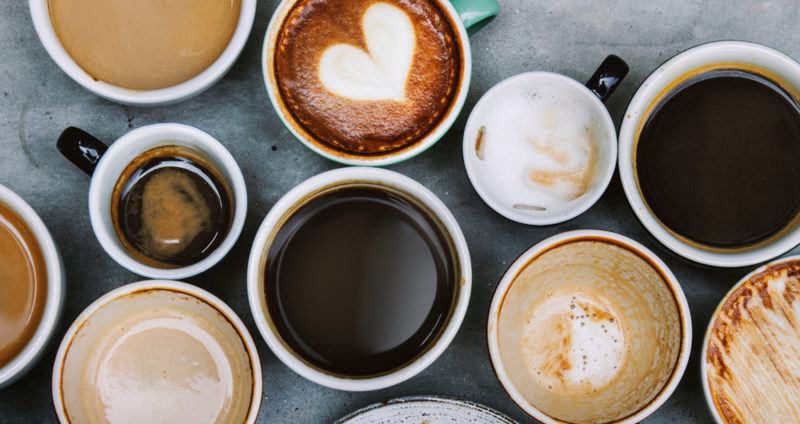
Coffee isn’t a fantastic way to rehydrate, as caffeine has a mild diuretic effect. Even so, the amount of water that you’re getting will often offset any water loss.
This means that, as a general rule, drinking coffee or caffeinated tea won’t dehydrate you.
This is particularly true for a typical cup of coffee that you make at home. The drink may even end up being as hydrating as water, especially if you’re adding a little milk to your coffee.
Store purchased coffees are more hit and miss, as some of them use double shots or more, so they end up with a higher caffeine content.
Any diuretic effects from coffee tend to be stronger for people who don’t consume caffeine regularly. So, if you’re already a frequent coffee drinker, you might find that you don’t lose much water from coffee at all.
Beer
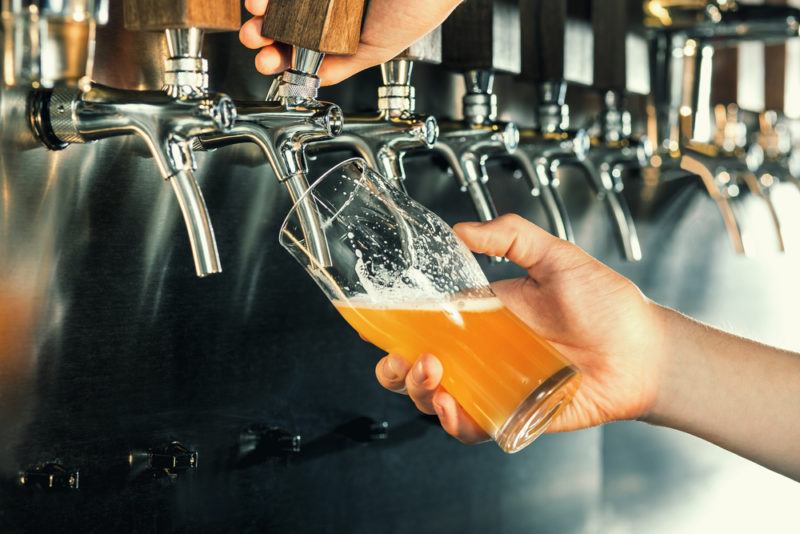
Alcohol has a stronger diuretic effect than caffeine, which is why you need to keep up with your water when you’re out on the town. Even so, large drinks with low alcohol content, like beer, can still rehydrate you because you’re gaining more water than you lose.
Low alcohol beer can be particularly useful in this regard, as you’re getting more liquid and less alcohol.
While you shouldn’t be relying on beer as an alternative to water for keeping your hydrated, it’s nice to know that at least you’re not losing water when you enjoy your beer.



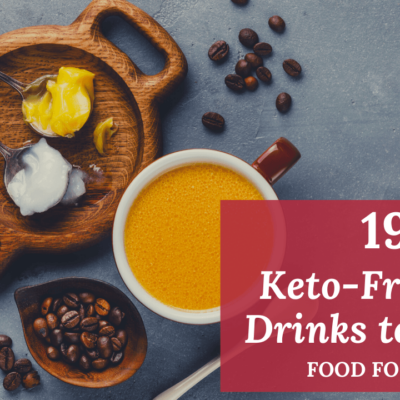



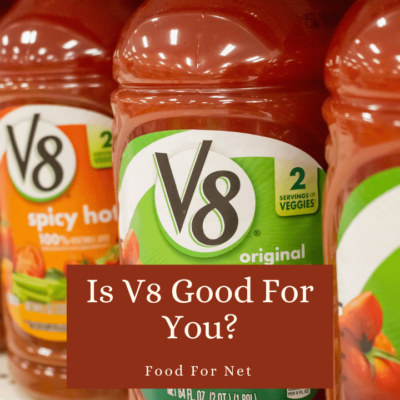


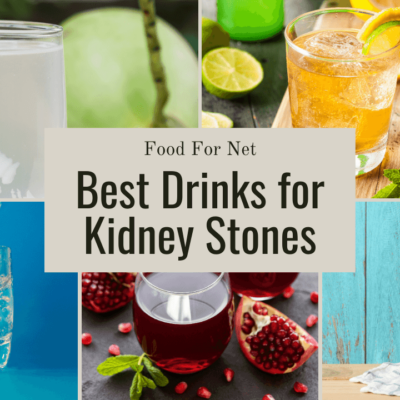


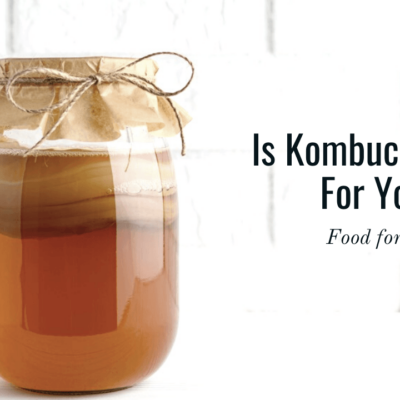


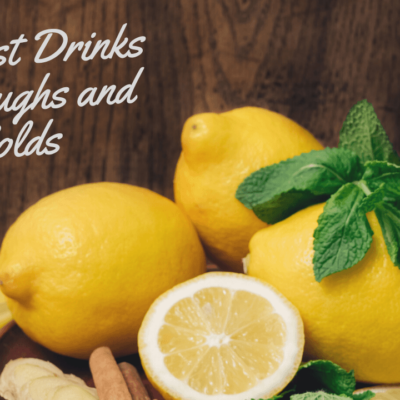
 35 Interesting Keto Foods To Make Your Diet More Varied
35 Interesting Keto Foods To Make Your Diet More Varied
Leave a Reply